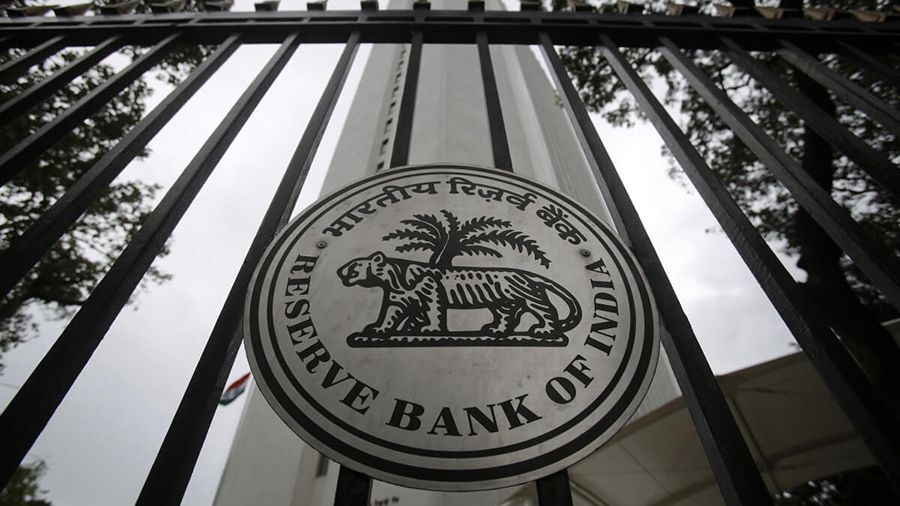The Central Bank of India (RBI) is starting to explore the potential of government digital currencies, as well as the feasibility of issuing its own digital currency.
Despite rumors of an upcoming draft law to ban cryptocurrency trading, RBI’s position on digital assets has become more optimistic. According to a report published after conducting a study of the payment sector in India, experts from the regulator acknowledge that cryptocurrencies have become popular around the world. However, Indian regulators and local governments are skeptical and even wary of them.
RBI has described government stablecoins as legal tender, which should be viewed as “digital liabilities of the central bank.” Therefore, the Bank of India will begin to study whether there is a need to launch a digital version of the national currency. And, if it is economically feasible, RBI will explore possible options for its use.
The Indian government has a rather complicated relationship with digital assets. In 2018, RBI banned banks and financial institutions from providing services to firms working with cryptocurrencies. However, in March 2020, the Supreme Court of India overturned the RBI directive banning the use of crypto assets. After that, many trading platforms appeared in the country, however, Indian traders still express fears about the future of the cryptocurrency industry in India.
According to RBI, the volume of digital payments in the country is 43%, and in 2011 this figure was 12.5%. The bank said it could expand the adoption of digital payments by targeting the needs of the younger generation, which is easily adaptable to new technologies. If such a large bank and strict regulator really launched its own digital currency, other central banks could follow suit, speeding up the development of their stablecoins.







